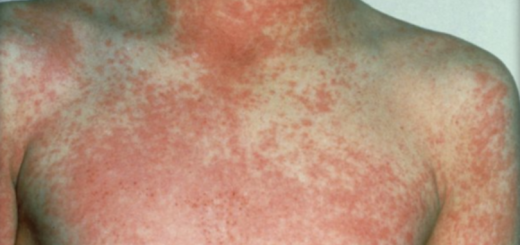Universal Precautions & Blood borne Pathogens
Your personal safety is the priority in any emergency first aid situation. Bodily fluids such as blood and saliva may contain pathogens that may cause disease or illness. You should attempt to isolate direct contact with bodily fluids to limit your risk of exposure to these pathogens. Pathogens can enter your body through the skin, eyes, nose, or mouth.
Use personal protective equipment (PPE) anytime there is a potential for exposure and PPE is available. If PPE is not available, improvise with what is available to limit exposure as possible.
Common Personal Protective Equipment:
- Disposable gloves: Used to protect hands
- Aprons: Used to protect your clothing from contamination
- Eye protection: Used to protect exposure through contact with eyes
- CPR masks: Used to protect you from exposure if providing rescue breathing
Always use PPE when it is available.
Properly dispose of all used PPE or items that contain bodily fluids in a biohazard bag if available. You should not place biohazard items in the regular trash. You should follow your internal policies when applicable on how to dispose of biohazard items. If you do not have internal policies or resources for disposal, contact your local emergency services or hospital as they will be able to assist you in disposing of your items correctly.
Remember the following: P.A.C.T.
Protect yourself from blood: Remember to PPE at all times when available. Limiting exposure limits risks.
Act quickly and safely: If you are exposed to a pathogen you must act quickly to mitigate that exposure. Follow your internal exposure policy. Flush the area with large amounts of water and soap if possible. Consider getting evaluated by a healthcare professional in a timely manner.
Clean all exposed areas to hazardous pathogens properly: Clean all exposed area with appropriate cleaning solutions while wearing PPE. Commercial disinfectant products should be used to ensure proper cleaning of all areas. Dispose of all exposed materials in an appropriate manner.
Tell or Report the incident to the appropriate person: Immediately contact your supervisor or reporting person after any exposure to any pathogen. You may be required to fill out paperwork or seek professional medical evaluation. Failure to report may limit your ability to prove exposure or obtain appropriate medical treatment.






ilove this very informative
Thanks!